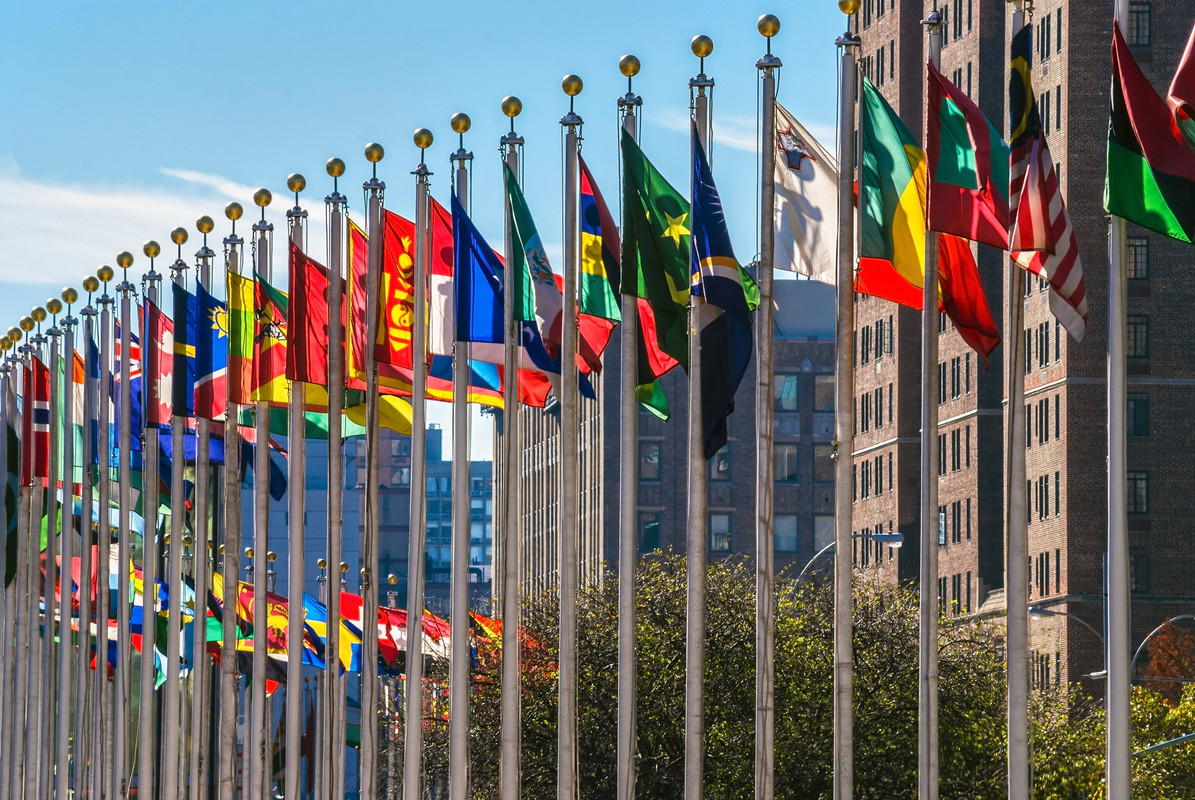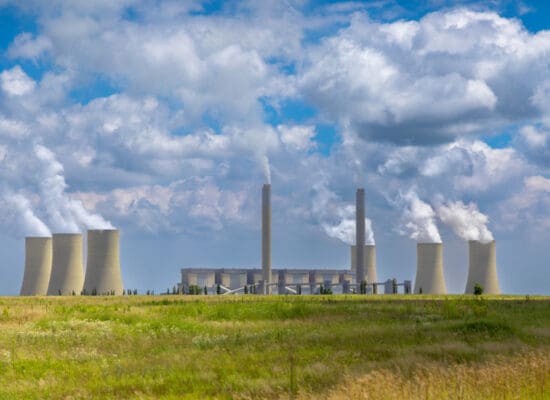Expert Exchange
International Climate Advisories: Opportunities for labour and just transition
Country:
Colombia,
Global,
South Africa,
Organisation:
Solidarity Center,

On 23 September 2025, the Expert Exchange organised by the Solidarity Center convened labour and human rights experts from the Office of the United Nations High Commissioner for Human Rights (OHCHR), Solidarity Center/International Lawyers Assisting Workers (ILAW) Network, Corporación Justicia y Libertad, the International Transport Workers’ Federation (ITF), and the Congress of South African Trade Unions (COSATU) to examine how recent international climate advisory opinions are creating openings for worker-centred, rights-based just transitions at workplace, national, and international levels.
Research Insights
The session began with Rina Kuusipalo from the OHCHR, who shared findings from the UN Secretary-General’s recent report to the Human Rights Council on just transition and human rights, which emphasised the indispensable role of labour rights and international labour law in just transition frameworks. That report called upon States and other actors to advance just transitions that realise the human rights of all through the following measures (among others):
- guaranteeing decent jobs and comprehensive protection of labour rights for all workers,
- strengthening social dialogue, collective bargaining, freedom of association (including the right to form trade unions), and occupational health and safety for workers, and
- ensuring meaningful participation in climate policy and phase-out by affected communities, including workers
Jeff Vogt of the Solidarity Center/International Lawyers Assisting Workers (ILAW) Network and Ruwan Subasinghe from the International Transport Workers’ Federation (ITF) discussed the significance of two landmark climate advisory opinions from the Inter-American Court of Human Rights (IACtHR) and the International Court of Justice (ICJ), respectively. The IACtHR opinion was the first time an international tribunal has directly linked the climate crisis to core labour rights and protections. The IACtHR explicitly recognised that States have obligations to involve employers and worker organisations in transition planning.
The opinion more broadly recognised the climate emergency as an urgent and imminent reality and established a legal framework, grounded in human rights, for States to uphold the right to a healthy environment. The ICJ advisory opinion historically held that States have a legally binding obligation to act with due diligence to protect the climate system. Although the ICJ did not mention labour rights directly, it affirmed the duties of States to act as derived from multiple sources of international law, including human rights law. The opinion linked human rights and environmental protection—offering legal tools for labour movements to pursue climate justice through litigation, stronger nationally determined contributions, and protections for unionists as human rights defenders.
Marely Cely Silva from Corporación Justicia y Libertad described the gap in Colombia between progressive climate commitments and labour protections. Energy unions have had to assert labour rights in transition dialogues, advocate for reparations, and frame work as a human right. She stressed the need for structural reform that values care work and repair work as well as ensuring decent employment.
Boitumelo Molete from the Congress of South African Trade Unions (COSATU) called for worker-led transitions in South Africa and globally. She outlined labour movement efforts to establish a master plan for skills development, a just transition code of good practice, and better alignment between labour and human rights in climate action. Critiquing the just energy transition partnership (JETP) model, she emphasised the importance of inclusive, union-driven processes to achieve people-centred transitions. The COSATU has created a host of toolkits for driving and implementing its blueprint for a union-driven, people-centred just transition.
Key Takeaways
- These advisory opinions affirm that climate change is a human rights issue, which substantially impacts a range of rights, including labour rights. A robust labour rights framework is both indispensable to and inextricably linked with the broader human rights framework.
- Just transition is gaining legal recognition, with growing affirmation of its relevance to climate and human rights. The IACtHR advisory opinion cites the International Labour Organization’s Just Transition Guidelines and explicitly names workers and State duties to uphold labour rights—including freedom of association and collective bargaining. Although the ICJ opinion omits labour references, its findings provide an avenue for advancing the labour rights of workers through climate litigation and policy.
- Labour rights are human rights: decent work, social protection, and the right to organise must be central to climate action. Trade unionists are human rights defenders and must be included in climate governance.
- Organising remains essential to making into reality the openings in the advisory opinions and recent UN reports to advance worker-driven visions of a just transition. As Marely Cely said, “No rights will exist if we don’t collectively demand them.” When union density is low, just transition requires reinvigorating, forming and joining unions, and collective bargaining—protected by law and practice.
- Intersectionality is key: workers include women, Indigenous Peoples, migrants, and people with disabilities. A rights-based just transition must be multisectoral, democratic, and rooted in structural change.
Speakers
Rina Kuusipalo, Human Rights Officer, Office of the United Nations High Commissioner for Human Rights (OHCHR)
Ruwan Subasinghe, Legal Director, International Transport Workers’ Federation (ITF)
Boitumelo Molete, Social Development Policy Coordinator, Congress of South African Trade Unions (COSATU)
Jeff Vogt, International Lawyers Assisting Workers Network (ILAW)
Marely Cely Silva, Director, Corporación Justicia y Libertad, Colombia
Jocelyn Soto Medallo, Solidarity Center (Moderator)
See the full recording here:
Further reading:
Inter-American Court of Human Rights Advisory Opinion: Climate Change and Human Rights
International Court of Justice Advisory Opinion: Obligations Of States In Respect Of Climate Change
Congress of South African Trade Unions: Just Transition Blueprint for Workers
Jeff Vogt and Ruwan Subasinghe: Turning Up the Heat: The Right to Strike and the Climate Crisis
Stay Informed and Engaged
Subscribe to the Just Energy Transition in Coal Regions Knowledge Hub Newsletter
Receive updates on just energy transition news, insights, knowledge, and events directly in your inbox.


